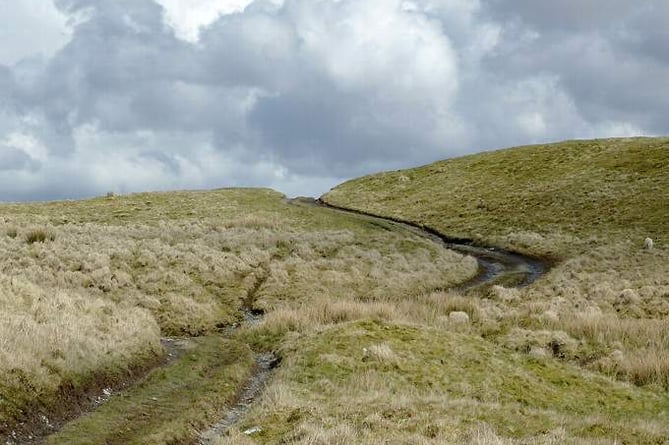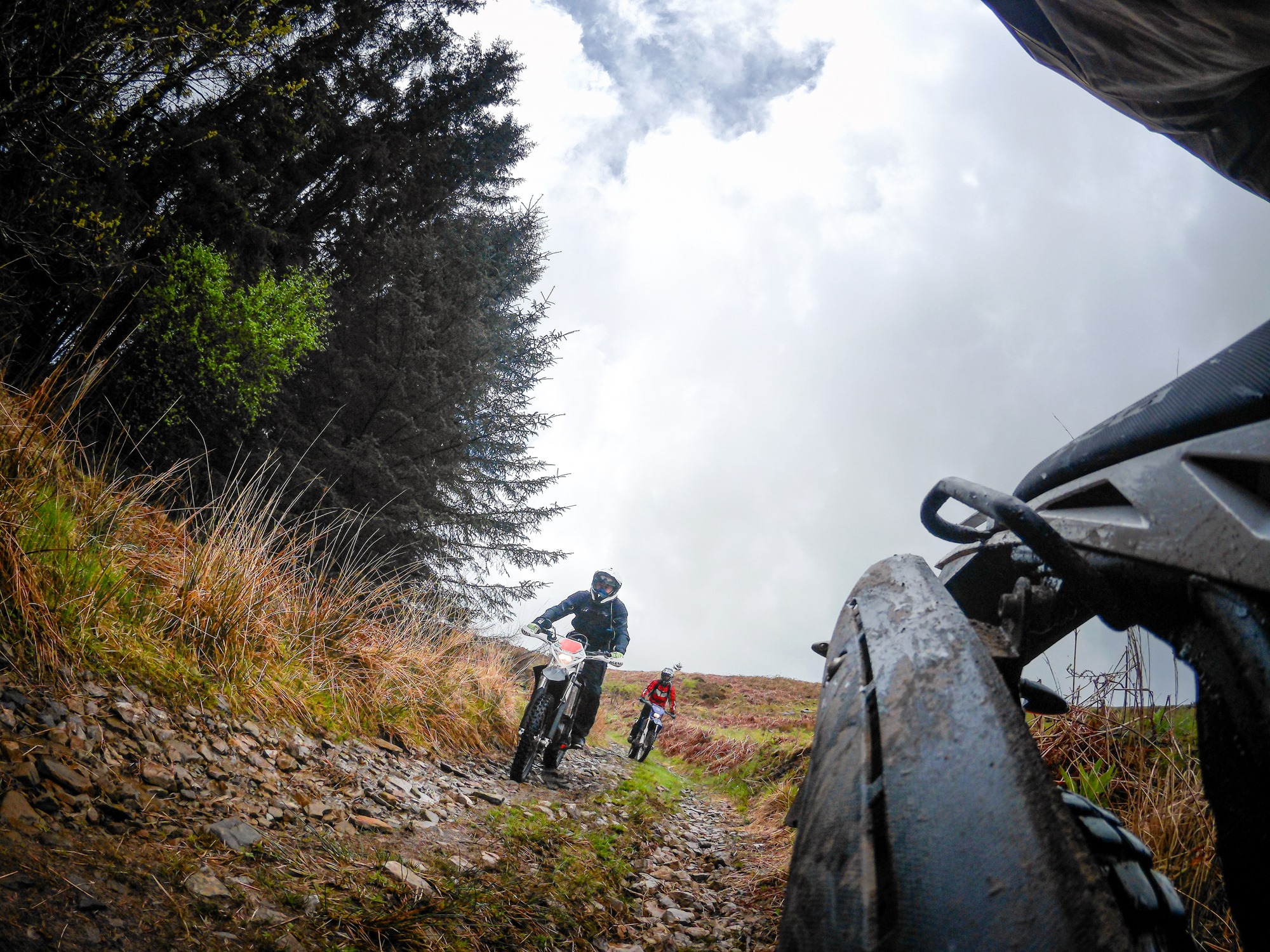Highways and byways
For trail riders, green roads with their unique legal status, history and heritage are a fundamental part of our enjoyment of the countryside. Without them our past time would cease to exist. Whilst each and every trail rider can play a part in their conservation, ultimately it is up to the authorities to decide whether or not we can ride these unsurfaced roads.
It's sometimes too easy to take the view that all authorities would like to see green roads closed to vehicles, but is this view a little extreme? In the southern corner of England is a local authority whose visionary approach understands that their network of green roads is actually a huge resource and exists to be enjoyed and looked after by all users. We caught up with Ros Mills, Public Rights of Way and Country Parks Manager at Devon County Council to find out why their green road network is so important, how Devon TRF has played a major role in their conservation, and how other councils could benefit from a similar approach.
Interview with Ros Mills,
Public Rights of Way and Country Parks Manager,
Devon County Council
In Devon, tourism and access to the countryside is one of our biggest selling points, it’s a very large industry for us, we have a huge network, one of the biggest in the country with about 500km of unsurfaced roads that cover many multi use trails. For us, this network has become one of our key leisure resources.
Our Parish councils are very important in staying connected to the network and our wardens work very closely with them.
We have always had a good relationship with Devon TRF, they understand how we operate as a council. They often work with our wardens to help maintain green roads which is something that we would have to do anyway. They are a good cost saving resource for us.
This year we decided to initiate a project to see how this relationship could work on a larger scale, which was the bridge repairs on Ashwell Lane.
The guys at Devon TRF were concerned that the poor state of the bridge would lead to the closure of the lane and encouraged us to get it repaired. We costed up the project internally, and asked them to provide a cost as comparison.
My experience is that there are many specialist skills within the TRF and some very switched on individuals. As they were volunteering their time and donating some materials, their cost came in lower than what it would have been for us to deliver all the work.


From the council’s perspective, we needed to be confident in the competence of the people delivering the work. We have some restrictions about what machinery can and can’t be used due to insurance but DTRF put quite a bit of work in to gain insurance cover that we were happy with. The repairs were a team effort with our contractors delivering some of the more specialist work. The project worked really well.
The only problems we encounter are generally maverick motorbike users on the fringes of urban areas, or 4×4 users who don’t know the rules of where you can’t and can’t go. These minority don’t represent the TRF or most trail riders.
When we do get serious complaints from a parish about excessive motorbike use we install counters in the ‘problem’ area to determine whether the problem is actual or perceived. 99% of the time it is a perception. Some complaints are also from lack of understanding from the public about the fact that the track they are walking is actually a road and vehicles are permitted. We explain that the route is open to everybody.
Here in the Highways department of the council we have an ‘engaging the community’ strategy as part of our approach. Reduced budgets mean that we need to be looking at different ways of working, especially where we are being stretched. Working with the TRF is part of a culture change for us, it’s about looking at the maintenance of our road network in a different way.
The TRF have a unique understanding of green roads, the drainage required for example, and we are happy to take that help when it is offered. Really it’s about people and communication. We are happy to work together.”





